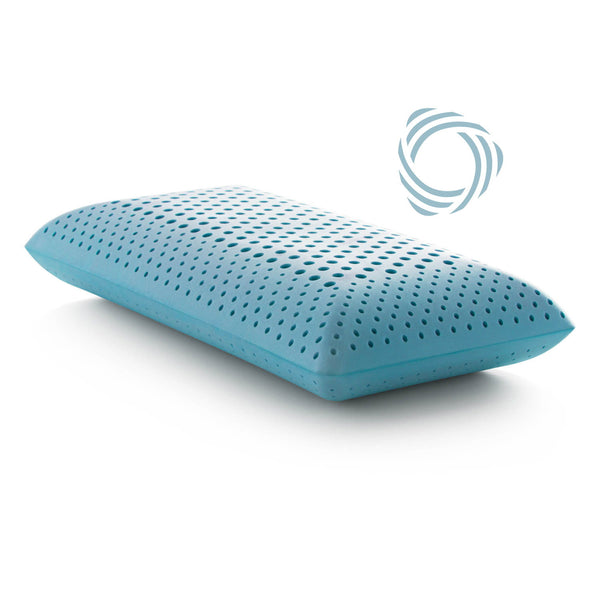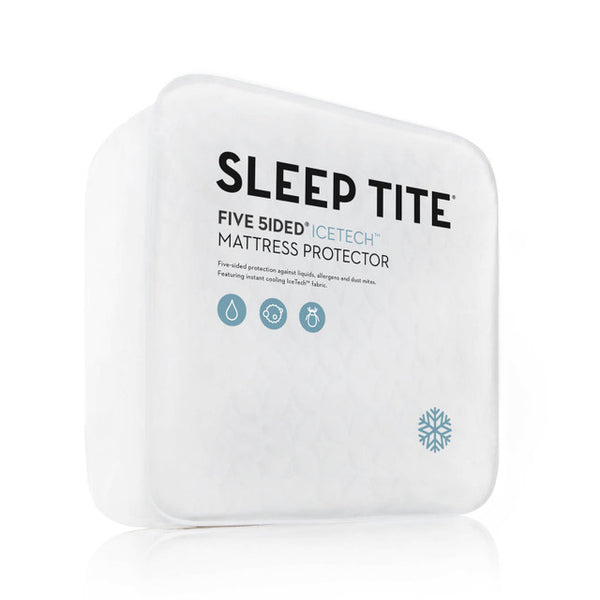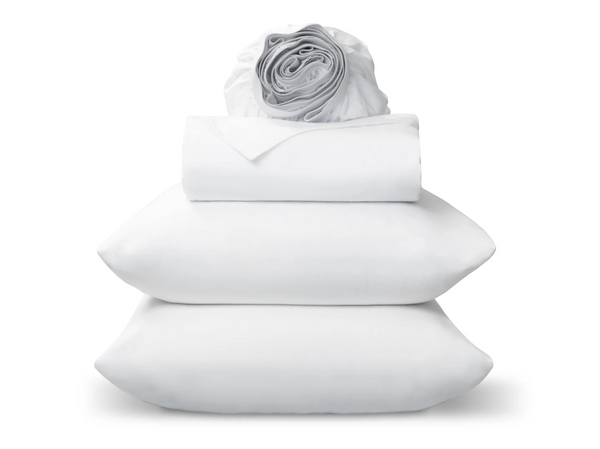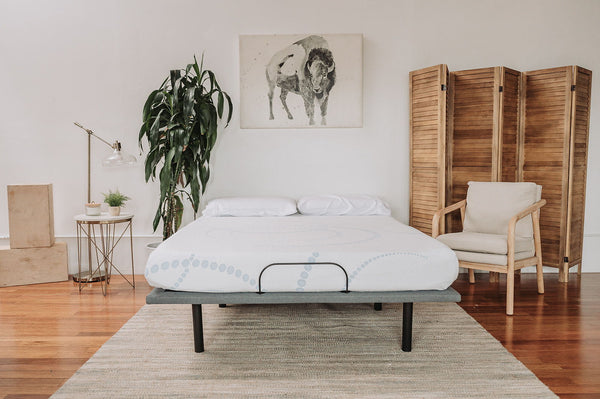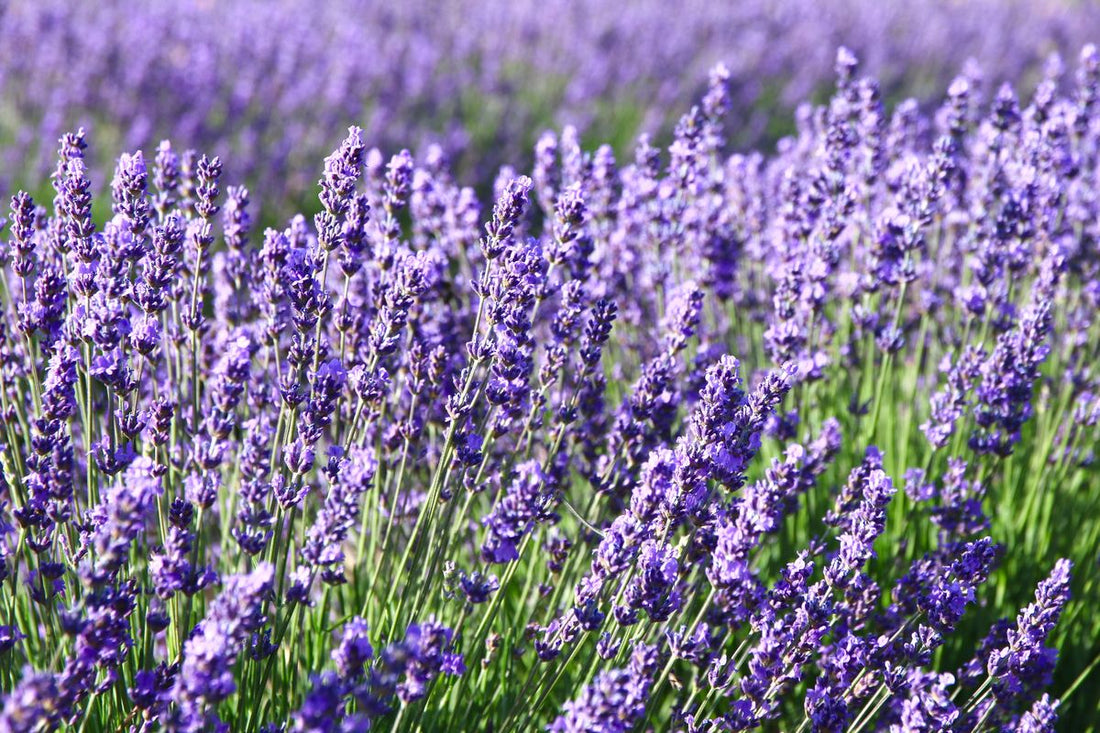
Does Lavender Help You Sleep?
Lavender is an effective natural sleep remedy that may help promote sounder sleep. Additionally, lavender may offer other health advantages including treating acne and skin conditions.
Just mix a few drops of lavender essential oil with distilled water and mist your pillow at night - research shows it promotes deep slow-wave sleep, when memory consolidation happens in your brain.
1. It’s a natural sedative
Inhaling lavender's soothing natural aroma has an incredible calming effect on our nervous systems. The fragrance slows heart rate, lowers blood pressure and relaxes muscles - helping ease tension while encouraging deep sleep essential for both physical and mental healing.
Lavender has long been recognized for its relaxing properties, including improving sleep. Ancient herbalists would frequently prescribe it for insomnia or other sleep issues; during the 17th century Benedictine abbess Hildegard von Bingen wrote an entire treatise about lavender as a remedy, suggesting people cook or place it directly onto their pillows in order to aid in getting off to a restful slumber more quickly and remain asleep throughout the night.
Lavender oil's soothing properties come from its unique constituents like linalool and linalyl acetate which interact with neurotransmitters in the brain to reduce anxiety and induce relaxation, helping ease anxiety while increasing deep, slow-wave sleep, which is necessary for physical and mental healing. Lavender's unique combination of constituents also makes its oil an effective remedy to improve sleep quality by increasing time spent in deep, slow wave sleep which has profound benefits to physical recovery and mental wellness.
According to research published in Evidence-Based Complementary and Alternative Medicine, researchers reported that when 10 individuals with mild sleep disturbances used lavender aromatherapy prior to going to bed, their Pittsburgh Sleep Quality Index (PSQI) score improved dramatically and their number of night wakings reduced significantly - leading them to experience improved quality sleep overall.
2. It’s calming
Lavender scent sends signals to the brain that facilitate relaxation and sleep, stimulating GABA neurotransmitter pathways to ease anxiety and tension. Inhaling lavender also activates its GABA neurotransmitter pathway for added effect.
This may be because linalool molecules in plants activate receptors in our brains, mimicking naturally-occurring chemicals found within us - similar to how benzodiazepines (such as diazepam) work - but without negative side effects.
Studies have demonstrated that lavender aromatherapy can enhance slow-wave sleep while simultaneously decreasing REM sleep (associated with dreaming) to leave you feeling more rested and energetic when you awaken in the morning. This can leave you feeling rejuvenated and revitalized!
Lavender may help you fall asleep more quickly as well, according to two studies: one found that using a lavender-scented pillowcase increased time spent in the slow wave phase, and reduced how long it took people to drift off; the second study demonstrated how using a lavender oil vaporizer enabled people to fall asleep faster and stay asleep longer than controls.
Try incorporating lavender into your nighttime routine through a diffuser or bath bomb like our Sleepy shower gel and Twilight bubble bar, both filled with woody rosemary, verdant lavender, and soothing chamomile to relax and calm your senses before drifting off to restful slumber.
If you are having difficulty managing anxiety, therapy can provide much-needed assistance. BetterHelp offers qualified therapists who understand how stress impacts sleep quality and overall wellness - just fill out a short questionnaire and get matched within 48 hours.
3. It’s a natural pain reliever
Lavender is an effective natural pain reliever and aromatherapy can use lavender to promote sleep by stimulating parts of the brain associated with relaxation and lower anxiety levels. Lavender also reduces cortisol production - a hormone which contributes to stress and insomnia.
A 2005 study published in the Journal of Alternative and Complementary Medicine demonstrated that participants who inhaled lavender essential oil experienced a 2.5 decrease on their Pittsburgh Sleep Quality Index (PSQI) insomnia score, an established tool used to measure quality of sleep. Furthermore, lavender enhanced participants' ability to fall asleep quickly, stay asleep through the night, and wake up less frequently throughout the night.
Another study conducted at a hospital intensive care unit discovered that those receiving lavender oil aromatherapy experienced better sleep and lower anxiety compared to those not receiving this therapy. Lavender's anxiolytic properties can be attributed to its stimulating GABA receptors in the brain as well as increasing levels of N-acetyl serotonin which acts as a precursor for sleep hormone melatonin production.
Be wary when applying lavender topically - be sure to use the appropriate dilution and avoid direct application as this could cause irritation to skin. Furthermore, pregnant and breastfeeding women should consult a healthcare provider prior to using lavender directly on themselves or their infant.
4. It’s a natural sleep aid
Lavender oil is an effective natural sleep aid, helping people fall asleep by promoting calmness and relieving anxiety that might otherwise prevent restful restful slumber. Studies have proven the therapeutic use of lavender oils can enhance overall sleep quality - particularly for people suffering insomnia or mild cases of sleep disturbances; one report showed 10 people with insomnia using lavender aromatherapy experienced a 2.5 point reduction on the Pittsburgh Sleep Quality Index, an industry standard research tool measuring sleep quality.
Other studies have demonstrated that inhaling lavender oil can also aid with sleep disturbances, such as frequent awakenings during the night. This is because its scent produces signals which promote relaxation; your brain then sends signals telling your body to settle down and sleep more soundly.
Chamomile is another effective natural sleep remedy, helping you relax by soothing the mind and relieving anxiety. One study even demonstrated how lavender and chamomile essential oils reduced anxiety for nurses during a stressful shift shift!
Be mindful that there is limited data regarding the safety and efficacy of essential oils as a sleep aid, since inhaling essential oils can irritate both lungs and eyes when inhaled directly. If you choose to experiment, try opting for high-quality lavender essential oil which you can either apply directly onto skin or add several drops into a bowl of boiling water for inhalation.

